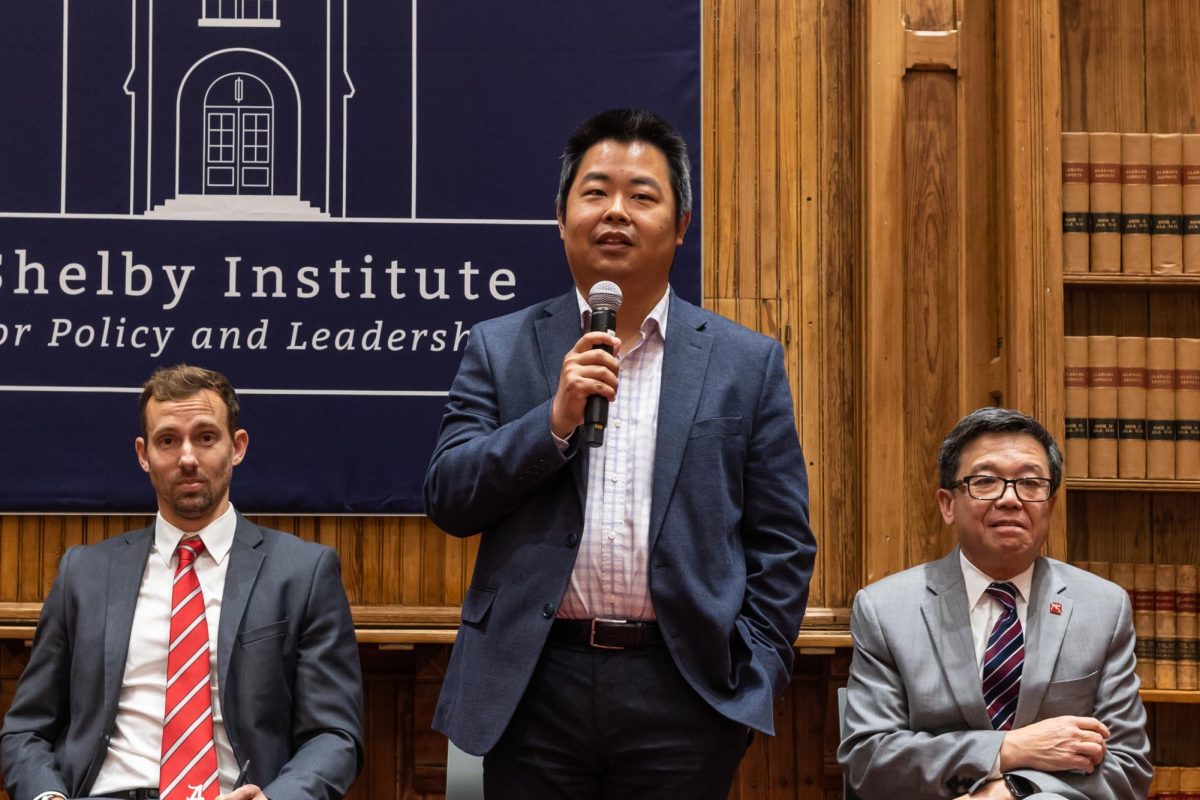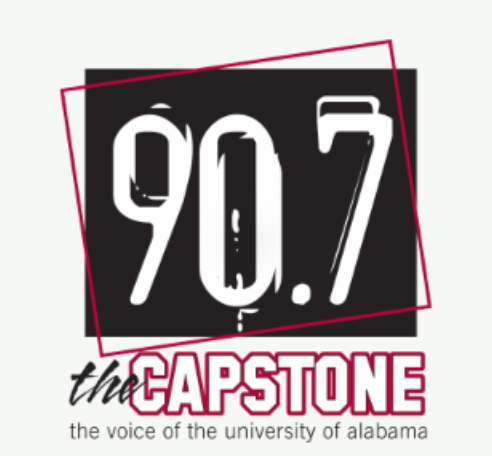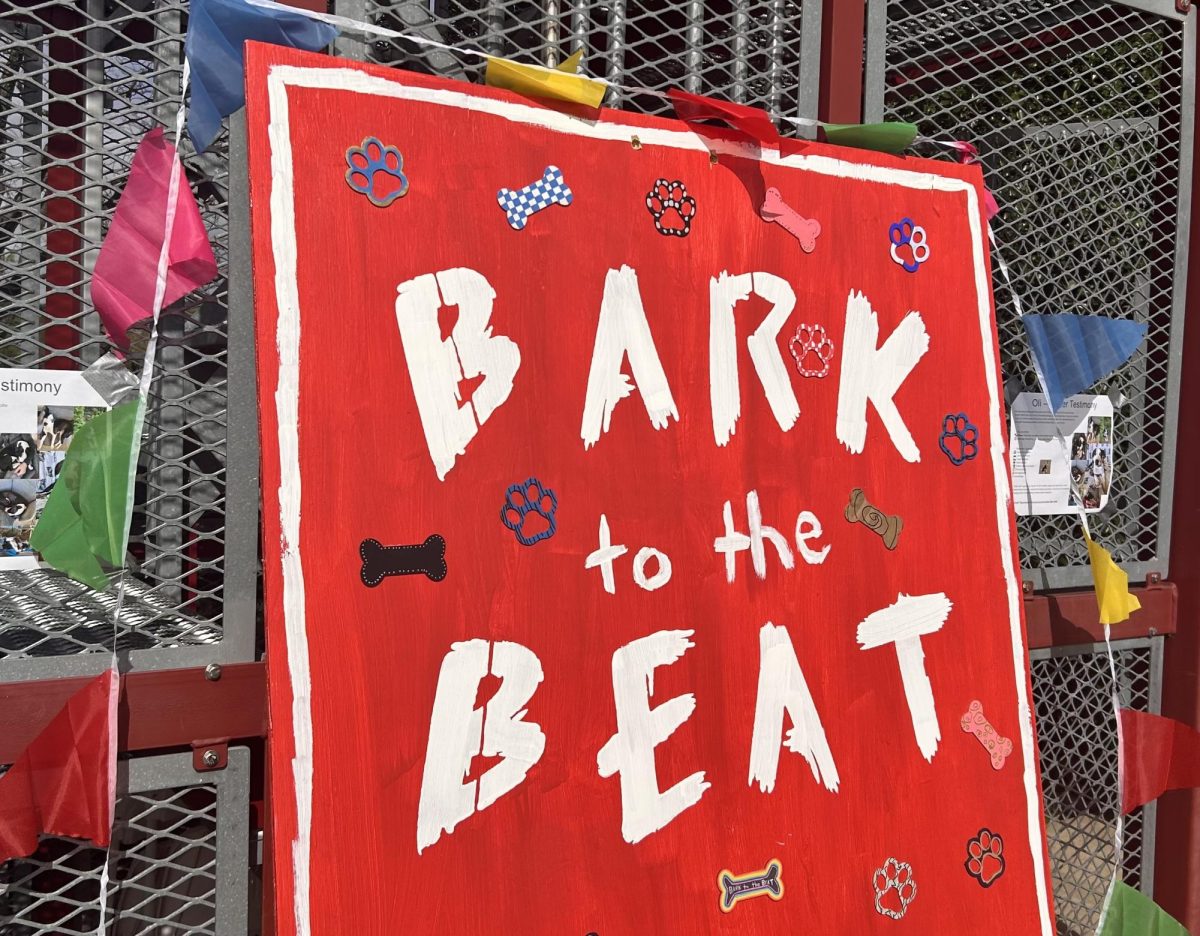The Student Government Association hosted its first “AI in Learning” panel in Tuomey Hall on Tuesday. Five UA faculty members experienced with AI spoke about the advantages, disadvantages, and uses of AI in the classroom and beyond.
“There’s an expression in the AI community: AI is not going to take your job. Somebody that knows how to use AI is going to take your job,” said Lawrence Cappello, co-director of the University’s Artificial Intelligence Teaching Enhancement Initiative.
The panelists spoke on the importance of knowing how to use AI to be more competitive in the job market, and how faculty need to help students use it effectively.
Faculty need to be experimenting with AI so they can pass along knowledge to students, putting students in good positions to use AI effectively, explained Tyler Roberts, director of operations at the UA Teaching Academy.
Senior associate provost Luoheng Han said surveys have shown that students use AI far more than instructors and student use is only increasing.
According to Han, student use of AI jumped from 56% in 2023 to 86% in 2024, while only 36% of instructors reported regular use of AI.
With so many students using AI, Han emphasized that students should only use AI in courses where the instructor has permitted them to do so.
Han encouraged students to read the syllabus since administration asks all faculty to state in the syllabus whether students are allowed, partially allowed or not allowed to use AI.
Speaking on matters outside the classroom, Katherine Chiou, co-director of the AI teaching initiative, said that AI is impacting types of jobs that it hadn’t previously impacted, and it’s important that UA faculty take this into account when designing curriculums.
“We are beginning to see a lot of white collar jobs be affected in a way that didn’t really necessarily exist before. … A lot of technological revolutions have impacted the working class, but now we’re seeing impact all across the board,” Chiou said.
This impact is especially hitting the field of computer science, where many entry-level jobs are now being eliminated due to AI.
“Pretty much 70% of the entry-level programming could be implemented by AI. … Especially in the computer science department, we need to reconsider what exactly we need to do to cope with this change,” said Jiaqi Gong, director of the Alabama Center for the Advancement of AI.
The increased availability of information through AI is giving people with AI access more chances to succeed while leaving people without access farther behind.
“It’s a double-edged sword. We have both the opening up of information, but also the increasing gap of the digital divide,” Chiou said. She noted that differences will emerge between institutions that have more money, resources, and expertise and those that don’t.
There are other ethical issues with AI beyond the increased digital divide. Chiou wants to consider the question of consent to allow data to be used for AI training, the environmental impact and the underpaid labor of those who moderate training data.
“AI systems use a lot of resources, they’re energetically expensive,” Chiou said. “There’s a human impact as well. The people that are moderating the information going in, a lot of times, they’re not being paid particularly well.”
It’s also important to verify that the information gotten from AI is correct.
“Are you doing the work of going and making sure that the information output is actually correct? In many cases, it’s regurgitating preconceived biases or errors,” Chiou said. “So if you’re using it for your paper, you’ve got to be really careful, because at the end of the day, you are the one responsible for the work that you’ve produced.”
Though the panelists noted potential problems with AI usage, they agreed that it is a valuable tool for learning and can be used to become a better student and a more desirable candidate for jobs.
“Think about creative ways to use it, but also remember at the same time that it’s good for all of us to be aware of how AI is impacting things, and also to understand that we are all going through this together,” Chiou said.









